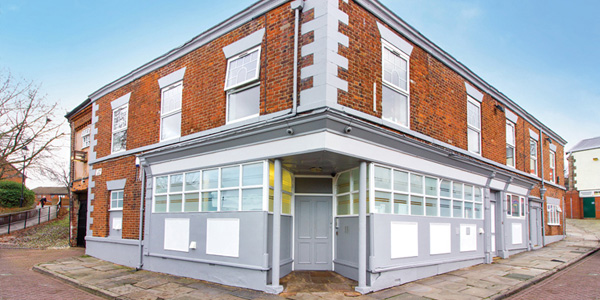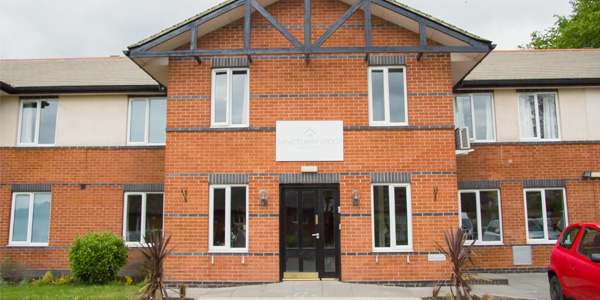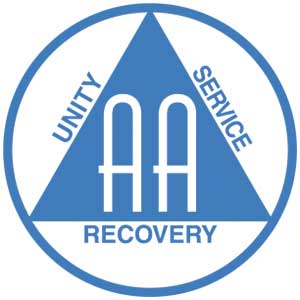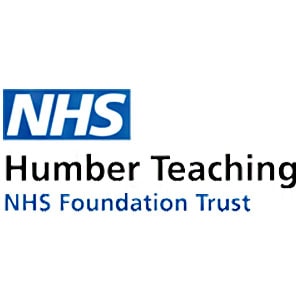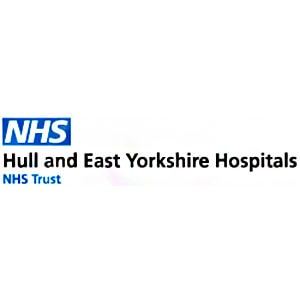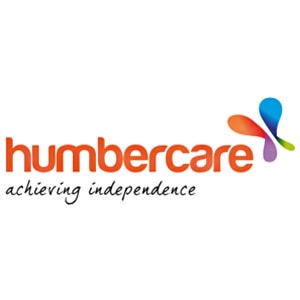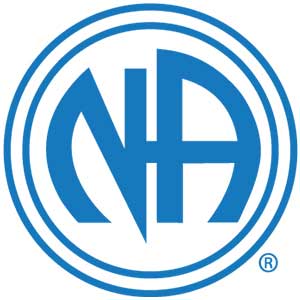Getting help for Addiction & Substance Abuse in Hull
Beating an addiction to drugs or alcohol requires eliminating the physical and psychological dependence, as well as addressing the behavioural issues that lead to addiction in the first place. Attempting to stop using drugs without any form of professional help can be extremely difficult, and at times dangerous where physical dependence has developed. Alcoholism or other forms of drug addiction impact physical and mental health—and it’s often the behavioural aspects of addiction that are most apparent and troubling to friends and family.
For rehab to succeed, the individual must commit to deep, behavioural changes whilst in treatment. The success rates of recovery depend entirely on the individual’s willingness and commitment to such changes. In Hull, a good rehab facility should have tailored treatment which includes a comprehensive screening process. The facility should customise the treatment plan to the needs of each individual, with their progress being regularly monitored throughout the programme.
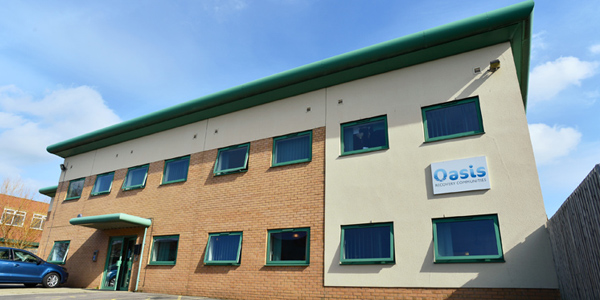
Oasis Bradford was built in 2009, originally commissioned by the Department…
- Private
- 24/7 Nursing
- 24/7 nursing
- Residential
UKAT Rehabs
Oasis Runcorn is a detox and rehab unit offering a unique combination of tw…
Sanctuary Lodge is a state-of-the-art detoxification and rehab facility. Lo…
Liberty House Clinic is a fully furbished detox and rehabilitation facility…
-
- 12 Step
- Group Setting
- Free
- Outpatient
-
- 12 Step
- Group Setting
- Free
- Outpatient
-
- 12 Step
- Group Setting
- Free
- Outpatient
-
The Open Access Service
The East Riding Partnership
7 Baker Street
Hull
HU2 8HP0 review- 12 Step
- Group Setting
- Free
- Outpatient
-
- 12 Step
- Group Setting
- Free
- Outpatient
-
Alderson House,
Hull Royal Infirmary,
Anlaby Rd,
HU3 2JZ0 review- 12 Step
- Group Setting
- Free
- Outpatient
-
- 12 Step
- Group Setting
- Free
- Outpatient
-
Holderness Road Methodist Church
327-329 Holderness Road
Hull
Humberside
HU9 3DW0 review- 12 Step
- Group Setting
- Free
- Outpatient
-
- 12 Step
- Group Setting
- Free
- Outpatient
-
The Resource Room,
SEED,
Wilberforce Health Centre,
6 – 10 Story Street,
Hull,
HU1 3SA0 review- Eating Disorder
- Group Setting
- Free
- Outpatient
-
The East Riding Partnership
7 Baker Street
East Yorkshire
Hull HU2 8HP0 review- Eating Disorder
- Group Setting
- Free
- Outpatient
- Load More
Drug & Alcohol Rehab Services in East Yorkshire
- A
- B
- C
- D
- E
- F
- G
- H
- I
- J
- K
- L
- M
- N
- O
- P
- Q
- R
- S
- T
- U
- V
- W
- X
- Y
- Z

How Does Rehab Work
Individuals will receive one-on-one and group treatment as part of a treatment and recovery programme – customised to fully address their specific needs. A psychiatric evaluation should be provided by certified psychiatrists. All rehab programmes should be carried out by a team of mental health and addiction specialists, as well as wellness specialists, spiritual counsellors, and medical staff.
In the UK, inpatient residential rehab and outpatient programmes are the two distinct options for rehab. The NHS rarely provides funding for Inpatient residential rehab, but outpatient programmes are available across the whole of Hull on a self-referral basis. Inpatient residential rehab has many significant benefits over outpatient programmes. Inpatient rehab enables the individual to detox from substances and alcohol in an enclosed, safe, environment, without giving in to any temptations.
What Happens During Alcohol and Drug Rehab in Hull
Rehab offers individuals the necessary tools to have a meaningful life without the needing substances including alcohol. Qualified professionals promote an environment that is supportive, caring and compassionate, so that individuals can begin the healing process and walk along the road to long-term recovery. However, residential programs vary and those struggling with drug or alcohol addiction may not understand what a good residential treatment program looks like. It is important that prior to choosing a residential programme, you understand what is offered to you in terms of treatment options and aftercare. A strong rehab programme should consist of individual therapy, group therapy and family therapy. Medical staff should be on standby 24-hours a day to help individuals through the detox phase, and address any concerns they may have regarding detox medication and psychotherapy.
Good residential programmes should provide free aftercare as part of any programme, and should allow for regular sessions to promote long-term recovery. All rehab treatment centre in the UK must be registered with the Care Quality Commission (CQC). The CQC assign a rating to each rehab ranging from “Inadequate” to “Outstanding”. To understand the performance of a rehab, a good place to start is the CQC website, as they list any potential issues with an individual facility.
Addiction Therapy & Treatment Options in Hull
When making enquiries at treatment centres, ask about the different therapy programmes they provide. A respectable rehab should have a variety of therapeutic models to help treat psychological issues associated with addiction. If existing mental health conditions are present, it would be worth inquiring whether the centre specialises in dual-diagnosis. Dual-diagnosis is the presence of mental health conditions and addictions. This often necessitates a specialised treatment plan to treat both disorders simultaneously.
Therefore, a good rehab centre should be licensed to treat both mental health disorders and addiction – with the experience to treat substance dependency without impeding on any existing mental health problems (such as depression or bipolar). Where dual diagnosis is concerned, many considerations need to be made for the individual’s well-being – such as the use of existing psychiatric medication and any therapy undergone prior to rehabilitation. The first stage of rehab is detox. Detox works to eliminate mind-altering substances from the body before psychological treatment can commence.
Medical Alcohol and Drug Detox
Detox is a treatment intended to break not only the physical addiction but also the psychological addiction that commonly occurs after drug and alcohol misuse. With the use of detox medication, a medical detox reduces cravings and eliminates any dangerous symptoms that may result from sudden withdrawal. This can be an important part of safely helping individuals through the most difficult phase of withdrawal. Detox medication is not always necessary, and is usually confined to those who are dependent on alcohol, opiates, benzodiazepines, and barbiturates.
Medical professionals will decide whether a medically-assisted detox is required, with special considerations around the individuals needs and any existing mental health conditions. The detox phase is recommended within a residential setting, so that medical professionals can properly assess withdrawal symptoms and any health complications the individual may be facing.

Therapy for Alcohol and Drug Addiction
Once detox is complete the individual will move on to the rehabilitation phase. Clinicians should utilise a large array of therapeutic models to create a personalised treatment plan. One-to-one sessions should utilise psychotherapy in the form of Cognitive Behavioural Therapy (CBT) and Dialectical Behavioural Therapy (DBT), amongst others. Talking therapies form most Group sessions, but may include other forms of psychotherapy such as Art Therapy, Drama Therapy, and Meditation. The goal is to provide the best possible environment to allow the individual to gain new ways of thinking, bond with others and seek healthy, rewarding stimuli without the inclusion of drugs or alcohol.
Cost of Alcohol and Drug Rehab
A large portion of the overall cost of rehab is from Detox, as well as the length of stay and services provided. Other things to consider include amenities and location. Typically, an inpatient rehab centre charges £5000 – £10000 for a 30-day treatment. Monetary cost should never be a barrier to seeking addiction treatment, as often funding an addiction has far greater costs longer-term.
Consider how much you currently spend to maintain your addiction and the health ramifications caused by substance abuse. In some cases inpatient rehabs accept private insurance, but you must make sure addiction treatment is covered by your insurance provider first.
How Long is Rehab?
Most inpatient programmes vary from 14 days up to 90 days, but the length of stay will often depend on the circumstances of the individual. Extended rehab programmes have been shown to , so it may be that longer rehab programmes are a better choice.
Occasionally inpatient rehabs offer “detox only” options – but detox alone rarely treats the underlying causes of addictions, therefore uk-rehab does not endorse this option. For optimal recovery consider a 60-90 day programme. This will give you plenty of time to acclimatize to a substance free life, and allows the therapy to have a long-lasting impact on emotional and spiritual well-being.
Nearest CQC Registered Rehab to Hull
The closest rehab clinic we recommend near Hull is the CQC-registered Oasis Bradford. This Rehab provides a comprehensive addiction treatment programme for alcohol and drug related addictions, has a good/outstanding CQC rating, offers treatment plans for mental health conditions, and has a year of free aftercare available for both the individual and their families.
If you are looking for treatment outside of Hull, UK-Rehab provides many rehab facilities across the UK, all of which provide the same level of expertise and service.
For additional information on UK-Rehab, speak to their addiction specialists on 02038 115 619.


